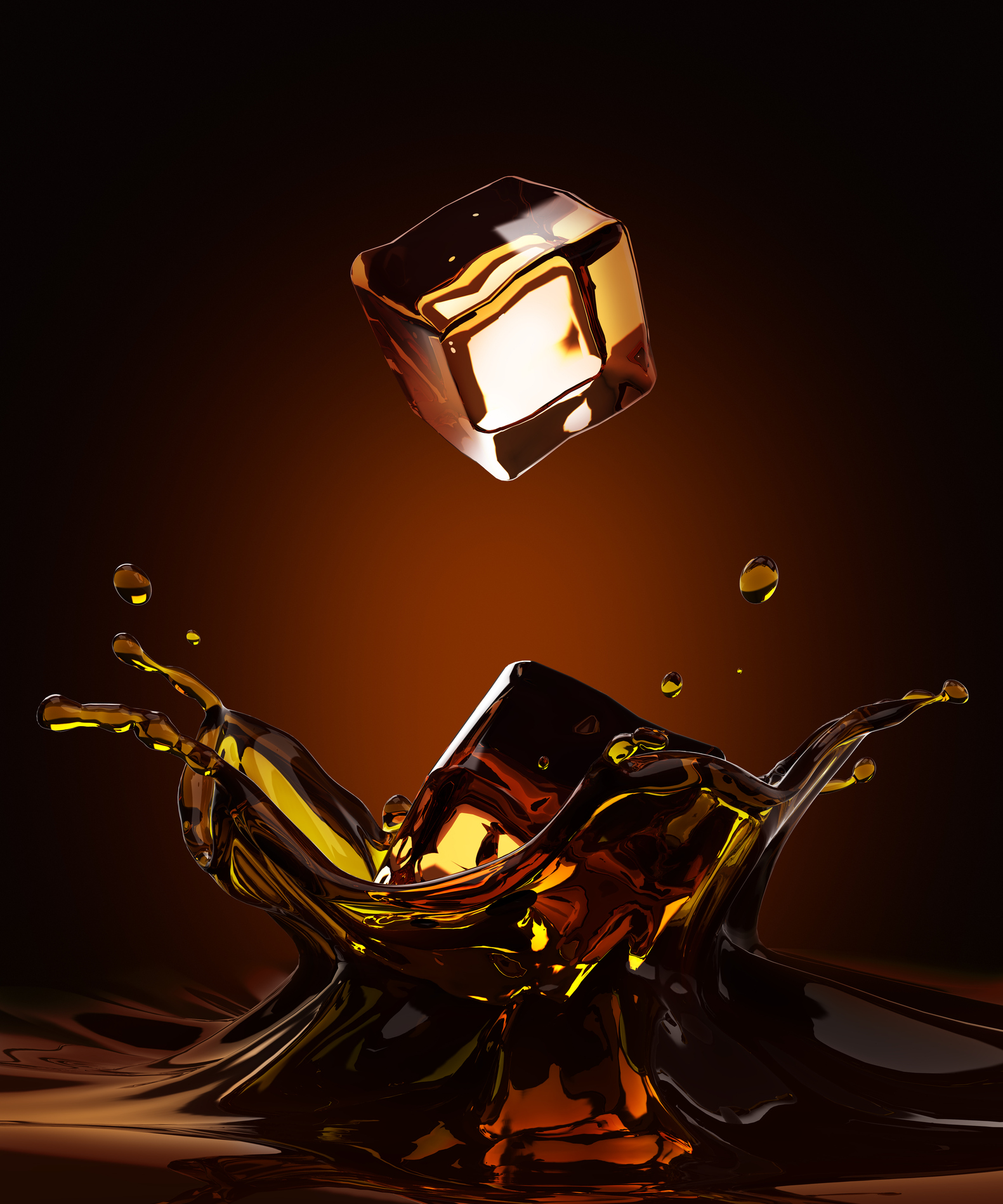
The Surprising Science Behind the Taste of Alcohol: How Molecular Clusters Impact Your Drinking Experience
A new study by scientists has revealed that the way water and ethanol molecules cluster together at different temperatures can affect the taste profile of alcoholic beverages. Lei Jiang and his team from the Chinese Academy of Sciences conducted research to investigate how factors like temperature and alcohol by volume (ABV) impact the molecular composition of drinks such as beer, rice wine, and baijiu.
To understand how alterations in molecular clusters influenced people’s perceptions of the drinks, Jiang’s team collaborated with the Chinese baijiu brand Wuliangye to conduct taste tests. The results showed that liquids that were colder and less alcoholic were associated with a more refreshing taste due to the structure of their molecule clusters becoming more compact when the temperature dropped.
Using techniques like nuclear magnetic resonance imaging and computer simulations, the scientists examined the surface tension of various types of alcohol. By analyzing the clusters of water and ethanol molecules at different levels of ABV and temperatures, they were able to observe changes that occurred within the beverages. Gavin Sacks from Cornell University cautioned that linking molecular clusters to taste is complex and pointed out that the burning sensation of alcohol triggers the same receptors in the mouth as heat does.

